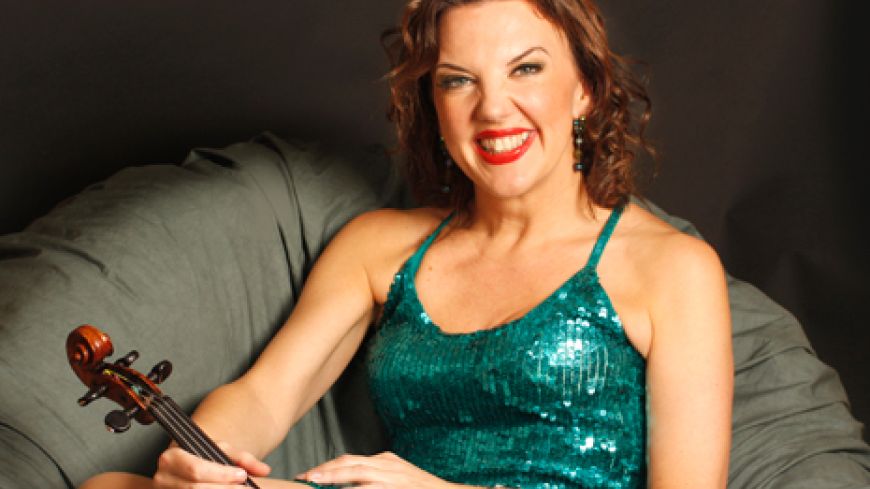
On arrival at the Usher Hall, the audience has to get its bearings. Sometimes the conductor wants the orchestra laid out so that he has the double basses to his left in the Stéphane Denève style, or to the right as in the Sir Andrew Davies style. And so, in this concert, we saw Principal Aleksei with his cello at the front of the stage and opposite the Leader, Maya Iwabuchi, whilst it was Principal Xander with his second violin last week and opposite co-Leader Jim Clark.
This season's Royal Scottish National Orchestra's theme is the Auld Alliance. William Wallace was born in Greenock in 1860 and studied opthalmology at Glasgow University but when he was twenty-nine went to study at the Royal Academy of Music. He was later Dean of the Faculty of Music in the University of London and wrote biographies of Liszt and Richard Wagner.
William Wallace was not the only composer to be inspired by Pelléas et Mélisande, the very popular play by the Belgian Maurice Maeterlinck of 1893 which was full of forbidden doomed love. The five movements of Wallace’s Suite follow their goings on. In The Love of Pelléas the bass clarinet and bassoon were to the fore, in the Spinning Song we heard the jingling of the tambourine and at the end in The Death of Mélisande the deep drum, gong and funeral trumpeting.
On the other hand Richard Strauss’s Don Juan immediately made me think I was in a cinema listening to a lively film score. But when it was written cinemas had yet to be invented. The music was indeed excitingly unconventional in 1888 for the twenty-four year old composer. He had been persuaded by the respected Alexander Ritter to be adventurous and the tone poem Don Juan was to mark the start of a successful career.
In Chicago Sir Andrew fills his opera house like no other opera company can achieve in North America. He comes over as the very essence of an English gentleman, and on stage with the Orchestra, whilst he spoke not a word, his knightly manners were a delight to the eye.
There was never any doubt from the pre-concert talk when Katherine Wren, the viola player, was quizzing Sir Andrew that we were in for a dazzling performance of Elgar’s Violin Concerto with Tasmin Little.
We listened to their discussion as to whether it is best to make a recording before, or after, a public performance of a work. This was especially relevant because Tasmin Little, Sir Andrew Davies and the Royal Scottish National Orchestra had recorded the very music were were about to hear. Not only that - but the Chandos recording was Gramophone Magazine’s Choice for December 2010 and the Critic's Choice Award at the 2011 Classic BRIT Awards. Not to miss an opportunity, signed copies were on sale after the concert.
His Violin Concerto is so very Elgar and so reminiscent of that rural countryside on the Worcester and Hereford border that was home to the composer. And a more satisfying solo performance of the work I have yet to hear. Tasmin Little gave us a very special treat.
Event: Friday 3 February 2012 7.30pm

